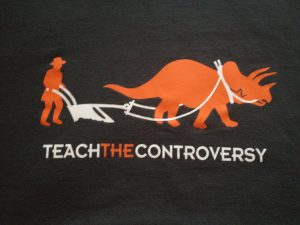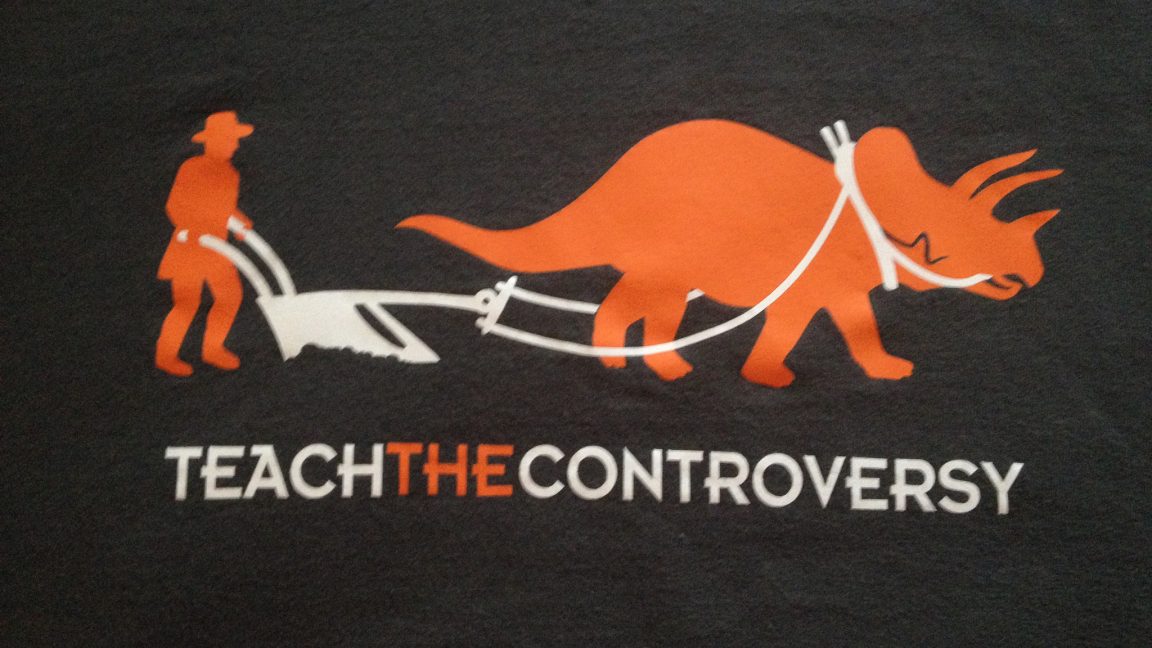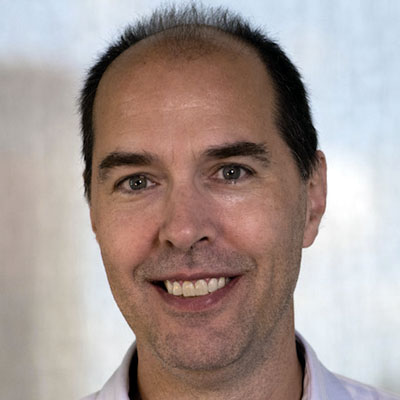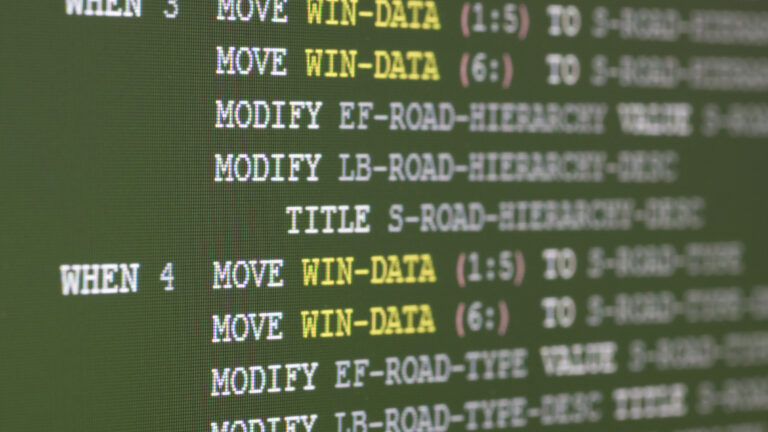Update: The South Dakota bill has now died in the legislature, while the Indiana resolution has passed the senate. Resolutions are not subject to veto, so that vote is final.
At the start of this month, we covered a bill making its way through the South Dakota legislature. It's the latest variation on a large collection of state bills that seek to protect educators from what has been termed "teaching the controversy." Should the bills pass, teachers would be immune to punishment for using outside material in instruction, as long as the teacher believes the material is scientific—even if it has overtly religious origins.
But in the intervening time, similar bills have appeared in three other states, and a fourth state is considering eliminating references to climate change in its teaching plan. Science education appears to be facing a busy year in the statehouses.
We can start with Indiana, where Senate Resolution 17 has now cleared the Education Committee. The resolution approvingly quotes a proposed amendment to the No Child Left Behind Act to challenge evolution: "Where topics are taught that may generate controversy (such as biological evolution), that the curriculum should help students to understand the full range of scientific views that exist, why such topics can generate controversy, and how scientific discoveries can profoundly affect society." What it neglects to note is that the amendment was rejected or that evolution is the only scientific view that currently exists.
The resolution then goes on to urge the state Department of Education to support "teachers who choose to teach a diverse curriculum." Based on the earlier language, the "diverse" nature would presumably involve different views on evolution.




 Loading comments...
Loading comments...
